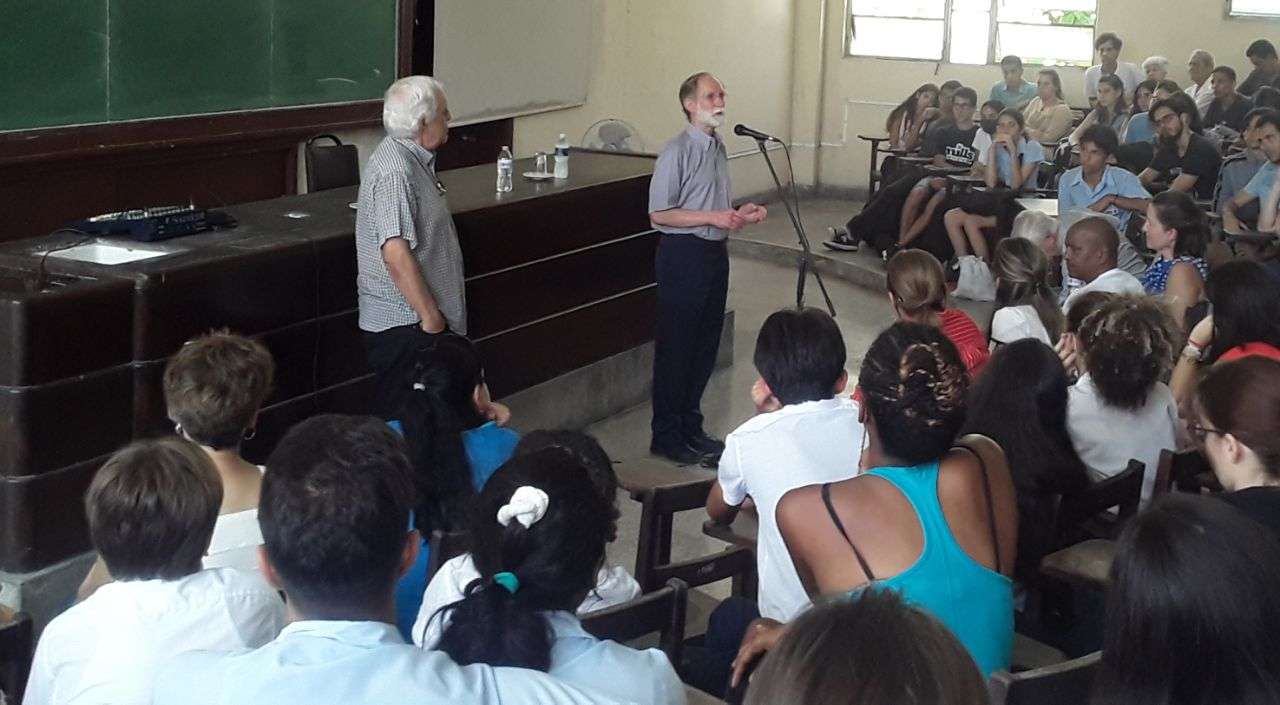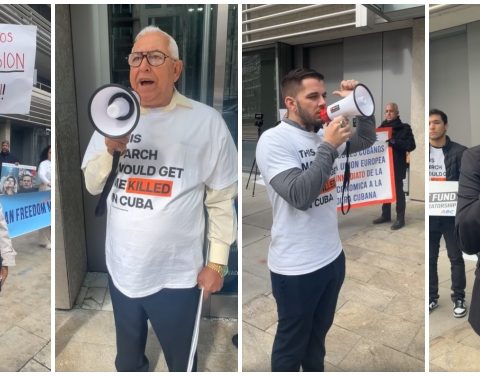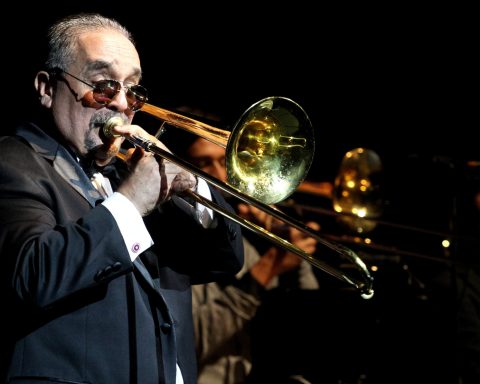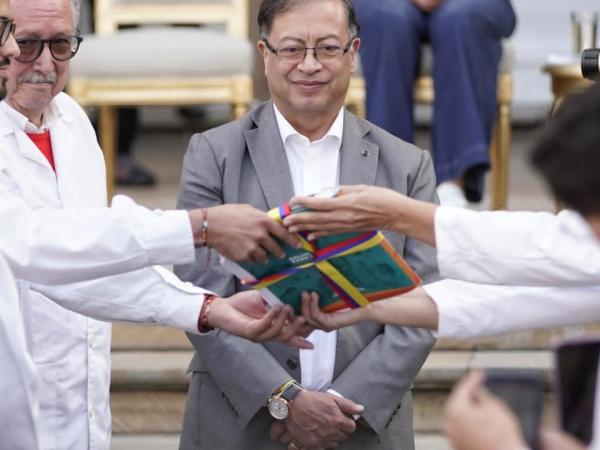American doctor Peter Agre, winner of the Nobel Prize of Chemistry in 2003, visited this Thursday the faculty of that specialty in the University of Havana and shared with the students and teachers of that center on various topics.
“Although the barriers of the blockade are a problem, the young Cuban scientists are great and that, along with the friendship and professional ties, motivates me to be here,” said the prestigious scientist to the Cuban News Agency (ACN).
? Nobel Prize in Chemistry among students and professors at the Faculty of Chemistry
? In the afternoon today, Dr.C. Peter Agre, 2003 Nobel Prize in Chemistry, spoke with young people of medium and higher level about his professional experience. #295UH #AlmaSaberDelivery pic.twitter.com/xBgsiUYrP3— University of Havana (@UdeLaHabana) March 23, 2023
The doctor, molecular biologist and researcher shared his life experiences with those present in the faculty amphitheater, spoke about the experiments he has carried out and answered questions related to his field of knowledge
He stressed that part of the work of long-standing specialists is to make it possible for young people to develop their full potential and contribute new contributions to scientific progress, the publication highlights.
According to the outlet, the also university professor expressed his satisfaction at the possibility of meeting with Cuban students, learning about their realities and encouraging them to continue their efforts in existing laboratories, despite difficulties and shortcomings.
Agre traveled to Cuba as part of a US delegation that attended the workshop “The future of scientific cooperation between the United States and Cuba”, which was sponsored by the Cuban Academy of Sciences and the American Association for the Advancement of Science. between March 20 and 21, specifies the ACN.
The award-winning researcher, 74 years old and born in Minnesota, has focused his studies on defining the characteristics of the cell membrane. In that process he discovered aquaporins, integral proteins that allow the selective transit of water through these structures.
This research, carried out together with the American doctor Roderick Mac Kinnon, allowed a better understanding of cell function and earned them recognition with the prestigious Laura, awarded by the Swedish academy.
The ACN points out that this knowledge is useful in understanding a wide spectrum of diseases, including kidney, heart, muscle and neurological diseases. They also illustrate the relevance of biochemistry to explain the complexity of vital processes.















